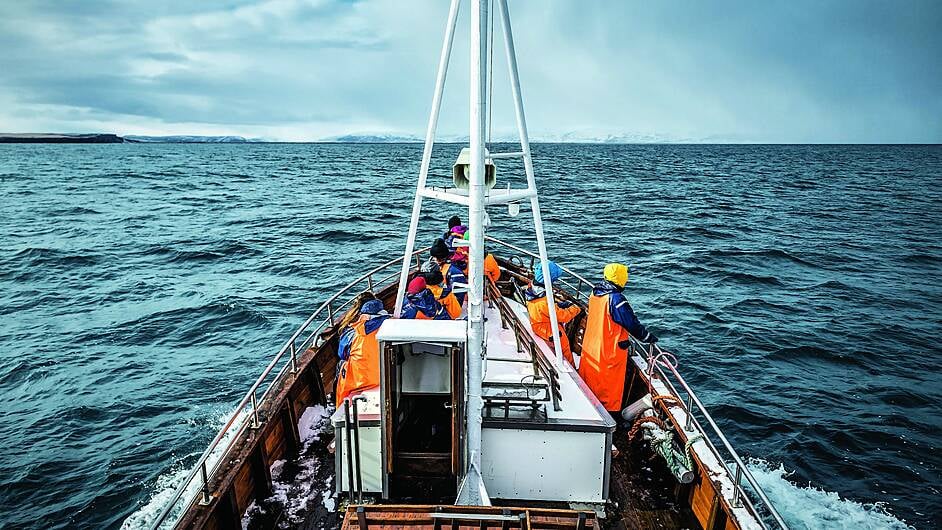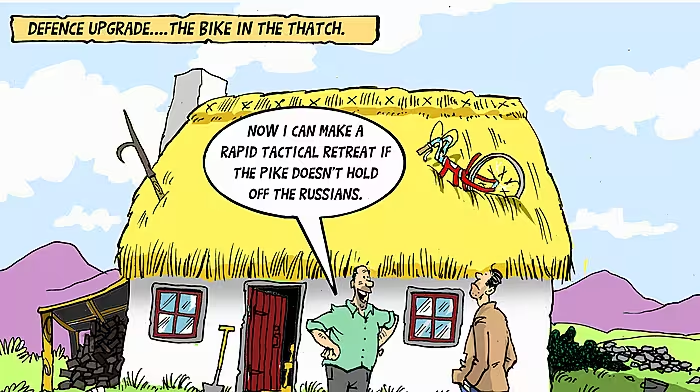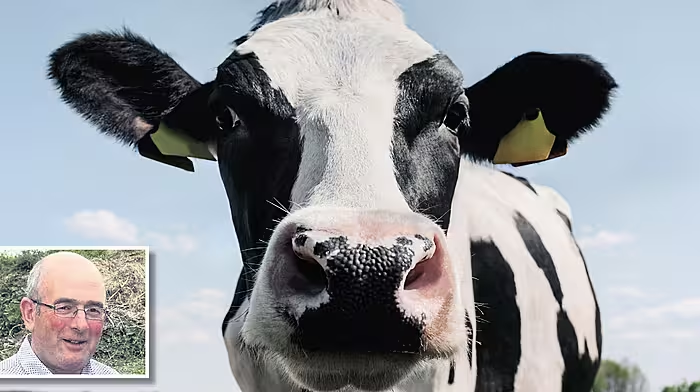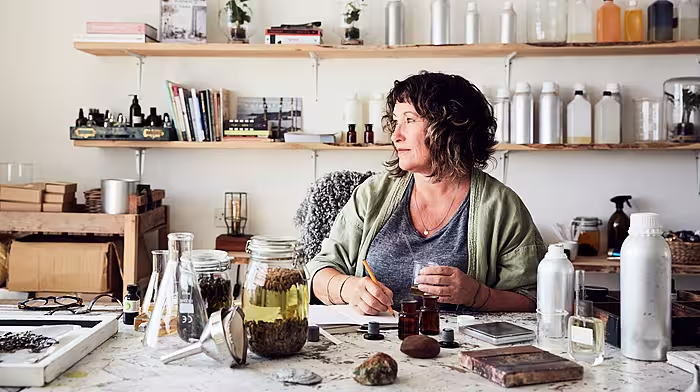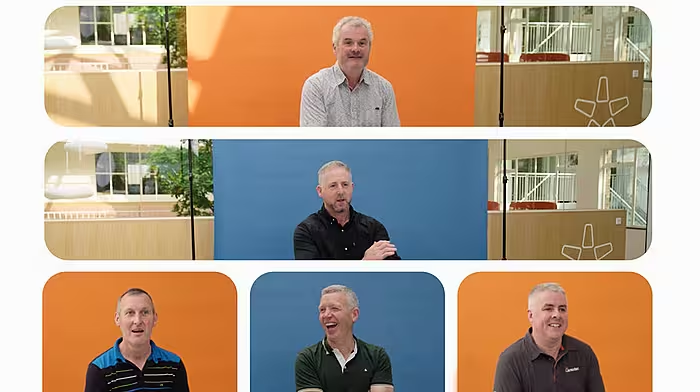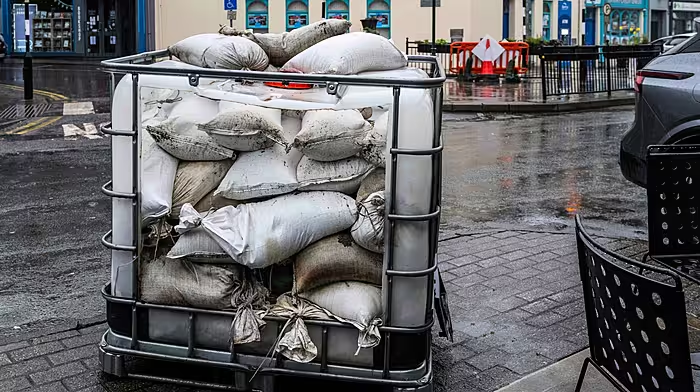THE chief executive of the Irish South and West Fish Producers Organisation has blasted new fishing quotas as leaving the industry in Ireland in ‘crisis’.
Patrick Murphy was reacting to the new fish quotas, which were announced last week at the EU Agriculture and Fisheries Council.
Minister for Agriculture, Food & the Marine, Charlie McConalogue, argued in negotiations for Ireland’s Hague Preferences for a number of key stocks, including whitefish stocks and, for the first time, mackerel and herring.
The Hague Preferences give Ireland an increased share of these when Total Allowable Catch (TAC) levels fall below a specified level.
Mr Murphy welcomed Minister McConalogue’s decision to apply the Hague Preference, and said fishing representatives had discussed and asked the minister for this to be applied.
But the West Cork fishing representative said this was merely a ‘band aid’ being applied to haemorrhaging losses being faced by the industry.
‘We have lost €7m worth of fish compared to what we had last year, and we are constantly losing fish,’ said Mr Murphy.
Mackerel quotas are down 16% and prawn quotas are down 12%.
A concerning outlook for fishermen in West Cork will see catch reductions for the Irish fleet of 25% in haddock in the Celtic Sea, while they will lose around a fifth of hake catch in area seven, which stretches off Ireland’s South West coast right up to the Shetlands
‘When Brexit happened, we lost 15% of our fishing quota. We’re facing worse cuts than we had with Brexit. After Brexit more boats arrived, catching more fish in our waters.
‘We are fishing less and catching less, but the stock is going down, with overfishing. You have to ask who is catching all the fish that is causing all this overfishing? Irish boats in volume catch only 15%. That is the reality.
‘This is a very simple story – we have the richest waters in Europe. Everyone else is coming to fish here. The only ones not allowed to fish here are Irish boats.’
Minister McConalogue acknowledged the difficult situation facing Irish fishers.
‘Unfortunately, some stocks, such as pollack and some Celtic Sea whitefish stocks, are still in a vulnerable state and reductions in quota are necessary,’ said Minister McConalogue.
‘We will continue to work with our fishers and the Department’s agencies, the Marine Institute and BIM, to promote their rebuilding. However I am pleased to see increases for some stocks such as boarfish and West of Scotland monkfish and also pleased to see the re-opening of the Horse Mackerel fishery as a directed fishery next year. It is important to recognise the fishing organisation representatives for their engagement throughout the negotiations. Their work with other member states industries plays an important part in facilitating agreements on quotas.’
Minister McConalogue said many member states objected to the application of the Hague Preferences as the additional quota for Ireland comes off their allocations.
‘Ireland is conscious of these sensitivities, however, the Hague Preferences are a key element of our relative stability. The additional quotas obtained through the application of the Hague Preferences will provide stability for our fishers and help to mitigate the impacts of necessary quota reductions.’
But Patrick Murphy said the picture remained gloomy for Irish fishermen.
‘We sat down over in Brussels with Minister McConalogue and we did express that it was good that he asked for the implementation of Hague Preference. It lessens the blow, it weakens the damage done, but it’s still a band aid.
‘It’s like watching I’m A Celebrity – Get Me Out Of Here, and seeing contestants compete for stars in challenges and get six stars instead of 12. It’s half the food they wanted, when they already don’t have enough food!’
The knock-on effects of smaller quotas are multiple.
Smaller quotas mean less time at sea, making the industry untenable for a full year.
This also makes it harder to get crew for boats.
‘Who wants to go to work in a boat when there’s no security, when they are told there won’t be work for them later in the year? Then it effects shore-based trades like mechanics and engineers,’ said Mr Murphy.
‘In 2004, our fleet was 400 boats. Now it’s down to 150. If there was another decommissioning scheme in the morning, most of them would pack up.
‘The government reacted post Brexit with measures, but this time they are telling us we are lucky with what we have. We are in crisis. And fish prices will go up as we will have shortages from our own boats or be forced to import our own fish from other foreign boats.’

